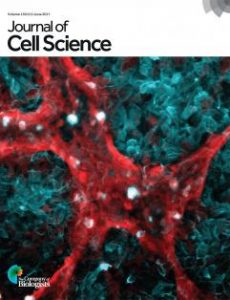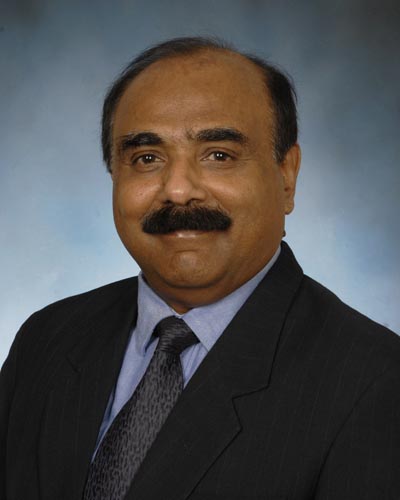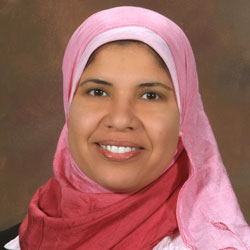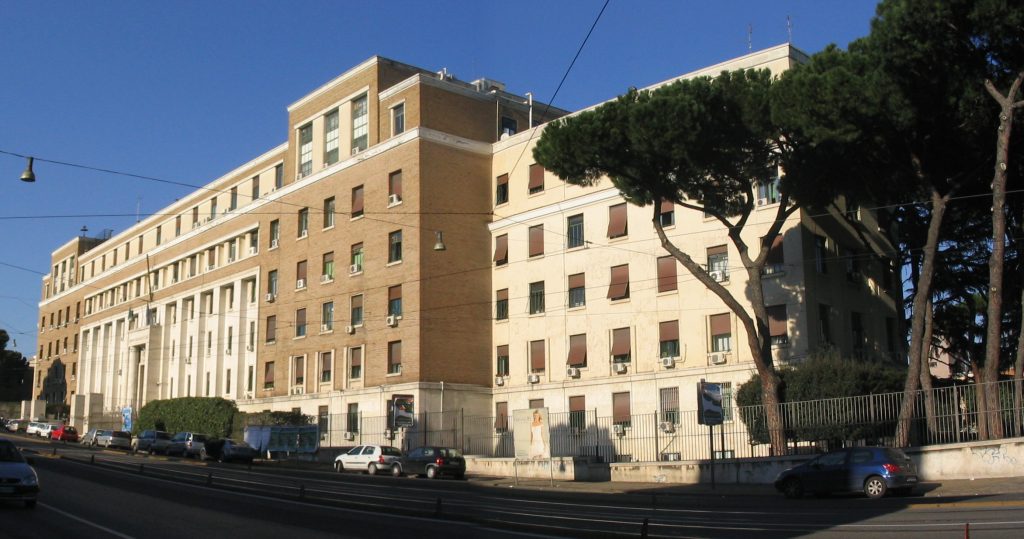
If you’re a fan of the post hoc fallacy, this post is for you. If not, we hope you’ll bear with us anyway.
In June, we reported on an expression of concern in the Journal of Cell Science for a 2006 paper “several bands…in Fig. 5 look very similar.” At the time, we noted that while the expression of concern claimed that the Istituto Superiore di Sanità, the authors’ institution, “does not have a suitable body to investigate this matter,” it in fact does.
After hearing that from us, Sharon Ahmad, the journal’s managing editor, approached Carlos Petrini, the director of bioethics at the ISS, who proceeded to investigate the work. Petrini has now sent us the summary of that investigation, which we’ve made available here.
Continue reading “Based on the literature, we have no reason not to believe to the authors.” Last year,
Last year,  Researchers from the University of Kansas asked to retract their paper only days after the journal issued an expression of concern related to some of the images.
Researchers from the University of Kansas asked to retract their paper only days after the journal issued an expression of concern related to some of the images.  Two journals are retracting papers published by researchers affiliated with Children’s Hospital Los Angeles (CHLA).
Two journals are retracting papers published by researchers affiliated with Children’s Hospital Los Angeles (CHLA). 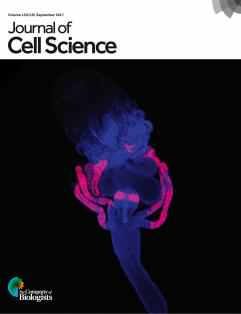 A journal has published an expression of concern (EoC) for a paper on cancer genetics in mice, over a concern about data in some gel panels.
A journal has published an expression of concern (EoC) for a paper on cancer genetics in mice, over a concern about data in some gel panels. 
